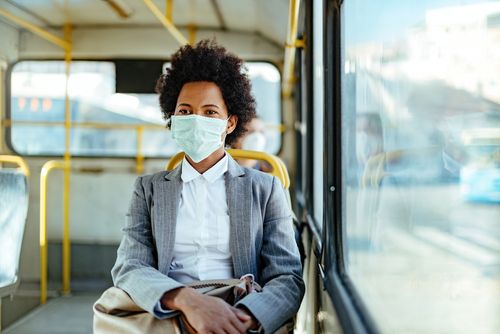
Will RTD Be a Safe Ride in the Future?
Coronavirus has upended businesses and public services throughout the state. RTD is no different and is currently facing a $1.3 billion shortfall to the budget between now and 2026. Less money means less investment in infrastructure and equipment, less training, and less maintenance. These factors could come together to increase the risk of public transit accidents throughout RTD’s service areas.
Boulder-Denver-Longmont Line Weighs Heavily on RTD’s Budget
In 2004, voters approved the tax increase to fund FasTracks. The original plan called for 120 miles of passenger rail line to be constructed by the end of 2017 at a total cost of $47 billion. But, the recession came along and the decline in tax revenue forced RTD to pause portions of the project. Among those was the Boulder-Denver-Longmont line.
In the interim, RTD took out huge loans to pay for the project, arranged partnerships with businesses, and secured a handful of federal grants. After 16 years, Governor Polis, taxpayers, and businesses along the Front Range want the line completed. That pressure will only continue to increase as the “N” line enters service this September.
Staff and Service Cuts Loom on the Horizon
RTD is currently projecting the need to permanently cut 40% of train and bus lines in the next year. This reduction in service, coupled with decreased ridership due to coronavirus, will make it even harder for RTD to generate the necessary revenue to fund the completion of the Boulder-Denver-Longmont line.
The looming budget shortfall will also require RTD to cut back on maintenance and safety upgrades. Indeed, a perfect storm is brewing that could easily lead to an increase in public transit accidents in the future.
It is already well-documented that decreased revenue can negatively impact safety. When budgets drop for public transit providers in Colorado, the following can occur:
- Diminished quality of training programs
- Reduced maintenance inspections
- Delayed repairs of trains, buses, rail lines, and other infrastructure
- The emergence of security gaps on trains and on platforms
- Increased operator fatigue
- Facilitates drug/alcohol abuse by train operators and bus drivers
- Diminished supervision of personnel
We invite you to contact Sloat, Nicholson, and Hoover, P.C. at (303) 447-1144 for more information about public transit accidents in Colorado. Our attorneys can help you recover compensation for injuries that occur on RTD and other public transit carriers along the Front Range.
Related Articles
Articles and information to keep you up to date on personal injury news.
The Importance of Medical Records in Personal Injury Claims
After a serious injury caused by someone else, medical care becomes more than just treatment—it becomes evidence. Every appointment, diagnosis, and test result documents the injury and how
Read More
How to Claim Lost Wages from a Car Accident
You’re injured, unable to work, and the bills are piling up after your car accident. Without a paycheck, balancing everyday expenses and medical costs feels impossible. How are
Read More
Back Injury from a Car Accident
Some injuries are impossible to ignore. What seemed like a minor ache after a crash can become constant painful discomfort, making everyday tasks harder. Sitting for long periods,
Read More
